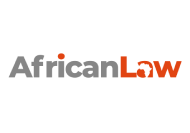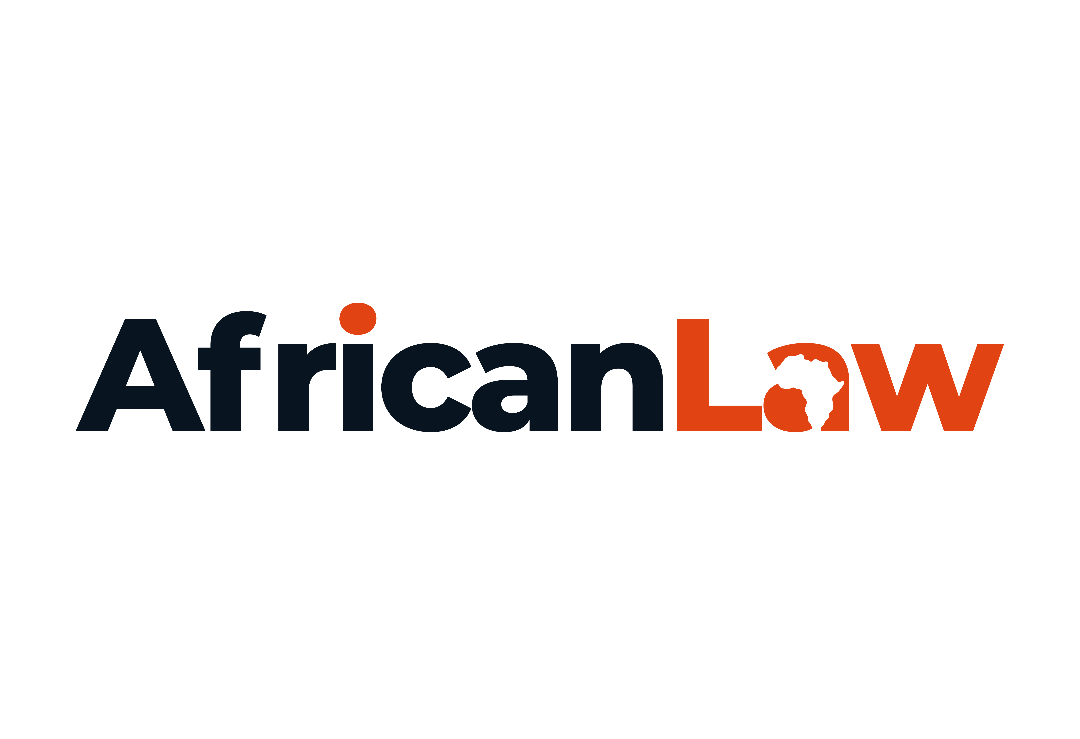Opportunities and Sectors in Focus
Côte d'Ivoire's FDI appeal stems from its political stability post the 2011 civil unrest, strategic location as a gateway to ECOWAS, and government incentives under the National Development Plan (PND) 2021-2025, which targets USD 12 billion in FDI by 2025. The PND emphasizes sustainable growth, with FDI inflows in 2024 boosted by new oil fields and infrastructure projects. Key sectors include Agriculture and Agro-Industry, Mining and Energy, Industry and Services as well as emerging areas like renewable energy and digital economy.
It will be important for investors to prioritize sectors with high local content requirements like oil and gas to leverage tax exemptions while contributing to job creation.
Key Laws and Regulations Governing FDI
Côte d'Ivoire's FDI framework is investor-friendly, governed by the 2018 Investment Code (Ordinance No. 2018-646), which repealed the 2012 Code and applies to both domestic and foreign investments without discrimination. While the Code does not explicitly define ‘investment’ Article 2 outlines conditions, advantages, and rules for investments exceeding XOF 200 million (about USD 330,000), promoting transparency and predictability.
Categories and Incentives
The Code classifies investments into two categories based on sectors:
Category 1 - Agriculture, agro-industry, and health—eligible for enhanced incentives due to their developmental impact.
Category 2 - All other sectors, including hospitality, with benefits scaled by investment size.
Incentives also vary by geographic zones for example urban/Abidjan, semi-urban and rural. Exclusions apply to trade, banking/finance, non-industrial buildings, and liberal professions, directing FDI toward productive sectors.
Amendments and Complementary Laws
2019 Amendments (Ordinance No. 2019-1088) - Introduced VAT exemptions on exports, financial incentives tied to local content and streamlined approval processes via the Centre de Promotion des Investissements en Côte d'Ivoire (CEPICI).
2022 Tax Annex to the Financial Law - Offers 15-year income tax exemptions, waivers on capital gains from securities sales and reduced registration fees, particularly for green investments.
Local Content Law No. 2022-408 (Oil and Gas) - Enacted in June 2022 and enforced via 2023 decrees, it mandates prioritization of Ivorian labor (up to 80% in management roles by year 5), local subcontractors and training programs. Effective 2025, compliance is monitored by the Ministry of Mines, Petroleum and Energy with penalties for non-adherence including contract suspension.
Other Frameworks - The 2014 Mining Code (amended in 2024) and the 1996 Petroleum Code (updated in 2019) provide sector-specific incentives, while Organization for the Harmonization of Business Law in Africa (OHADA) harmonizes business laws across ECOWAS.
Recent updates include digitalized corporate registries for faster FDI approvals and strengthened enforcement of local content in oil and gas, with significant fines for violations. No major Investment Code revisions occurred in 2024, but the 2025 Draft Budget Law proposes extended tax holidays for renewable energy investments.
Challenges and Opportunities for Investors
Opportunities
Economic Resilience - GDP growth of 6.5% in 2024, with FDI inflows projected at USD 2 billion in 2025 from oil and gas and infrastructure.
Regional Integration - AfCFTA and ECOWAS membership offer tariff-free access to 1.4 billion consumers, with Côte d'Ivoire's ports handling 70% of West African trade.
Challenges
Bureaucracy - Approval delays (up to 6 months) and corruption perceptions can inflate costs.
Local Content Compliance - Strict oil and gas rules require robust HR strategies; non-compliance risks contract revocation.
Currency and Political Risks - CFA Franc peg to Euro provides stability, but the coming elections in October 2025 could introduce volatility.
Infrastructure Gaps - Power shortages and logistics bottlenecks.
Foreign ownership is unrestricted except in strategic sectors like defense for example. Repatriation of profits is guaranteed under the Code, but forex controls apply.
Côte d'Ivoire's progressive FDI laws, from the 2018 Investment Code to 2022 local content mandates, position it as a leading West African destination, with FDI inflows set to exceed USD 2 billion in 2025. By addressing challenges through strategic planning, investors can unlock sustainable returns in high-growth sectors. AfricanLaw provides the clarity and support needed to navigate this landscape.

















